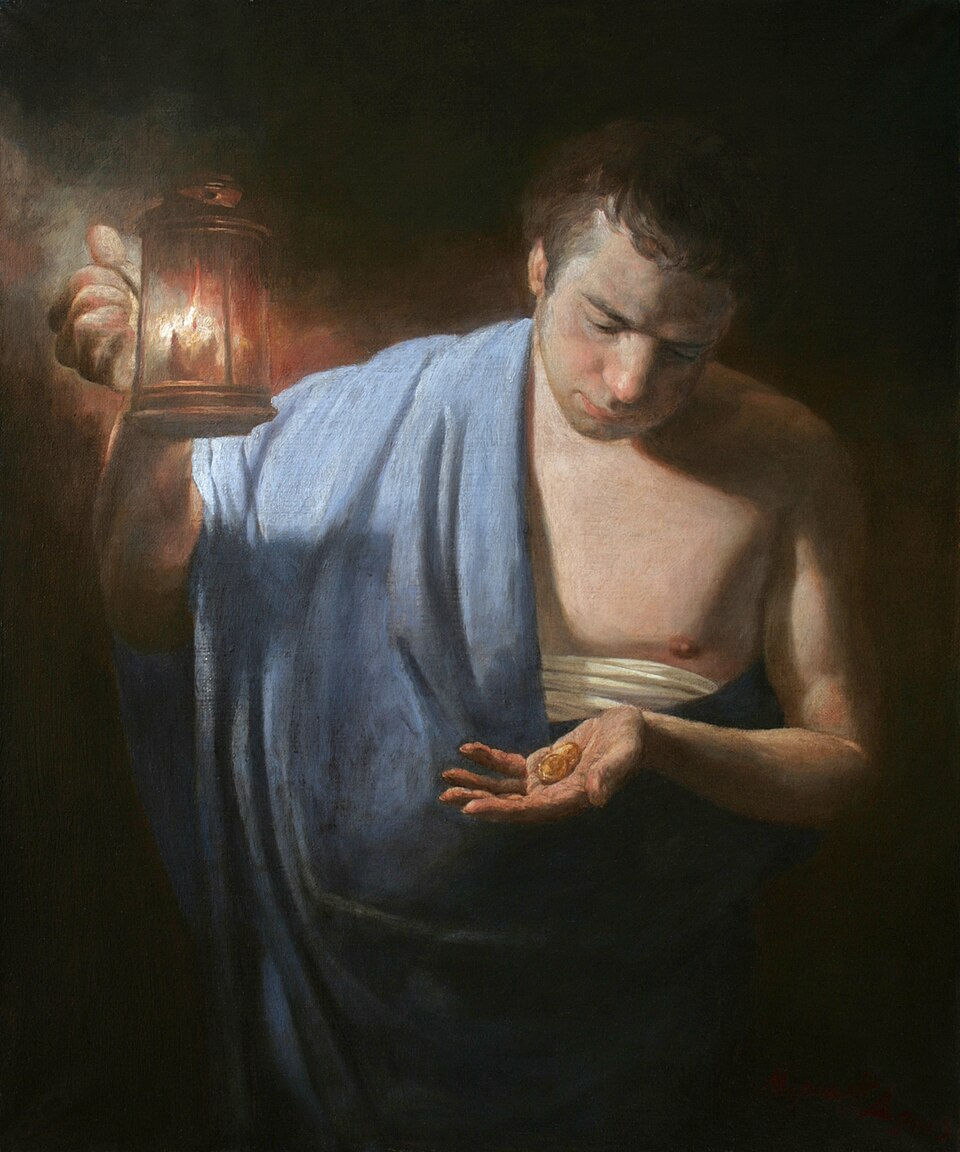Plagues
- Sarah Raad

- May 29, 2025
- 3 min read
The death of the firstborn: (Exodus 11:1-10, Exodus 12:1-13).

I have been reflecting on the story of Moses freeing the Israelites from the Egyptian pharaoh…
In the Book of Exodus, there are ten plagues of Egypt, recorded in chapters 7-12. These plagues included: turning water to blood (Exodus 7:14-25); an outbreak of frogs (Exodus 8:1-15); an outbreak of gnats: (Exodus 8:16-19); an outbreak of flies (Exodus 8:20-32); death of livestock (Exodus 9:1-7); an outbreak of boils (Exodus 9:8-12); severe hail (Exodus 9:13-35); an outbreak of locusts (Exodus 10:1-20); darkness over the land for three days (Exodus 10:21-29); and finally, the death of the firstborn: (Exodus 11:1-10, Exodus 12:1-13).
These plagues are very significant because they not only showed the power of God, but also because during that final plague the Israelites celebrated the “Passover”, which was when the Israelites waited and prayed while God’s vengeance against Pharoh passed over them and their eldest sons lived while the eldest sons of the Egyptians died.
And I have been thinking about this today. For Christ was killed in the hours before the Hebrew Passover. And all those thousands of years after that first redemption of the Israelites from Egypt, the first born Son of the Hebrews – the Firstborn Son of God – finally died when we crucified Christ.
And I have been thinking about that today.
When I was a little girl, I used to think that these ten plagues of Egypt happened over the course of a few short weeks. First one and then the other and before they knew it the Hebrews were free. But the reality the plagues took years and years to be expressed. And during this time, the Hebrews (and Moses) would have seen Pharoh constantly winning. Constantly they would have hoped that everything would be resolved, and they would be freed, but instead, each time the Pharoh would have hardened his heart and refused their freedom. And I am imagining how that must have felt to the Hebrews. That swinging around of hope. I mean, when the water was turned to wine, even pharaoh tried sucking grasses to quench his thirst. And I have been thinking about how that would have felt in practical terms.
Perhaps the people would have initially been very hopeful that things would change? Maybe after weeks and months and years went by, they would have instead felt cynical, imagining that the probability of freedom and escape would be less and less likely…
And I have been reflecting on that today, because the other day, someone who is dear to me commented that she had prayed a novena for a certain intention, and it was not yet granted. And she asked, should I keep praying or is that a sign of my lack of faith?
And that was like the Israelites. They had to persevere. It did not matter that despite everything the answer seemed to be no. The only thing that mattered was that they continued on – despite all the apparent obstacles in their path.
And I have been thinking about that today. For it seems that I should be aiming for that as well…
For with prayer, I stand on Holy Ground where everything is clear. Here. At the Foot of the Cross.



Comments